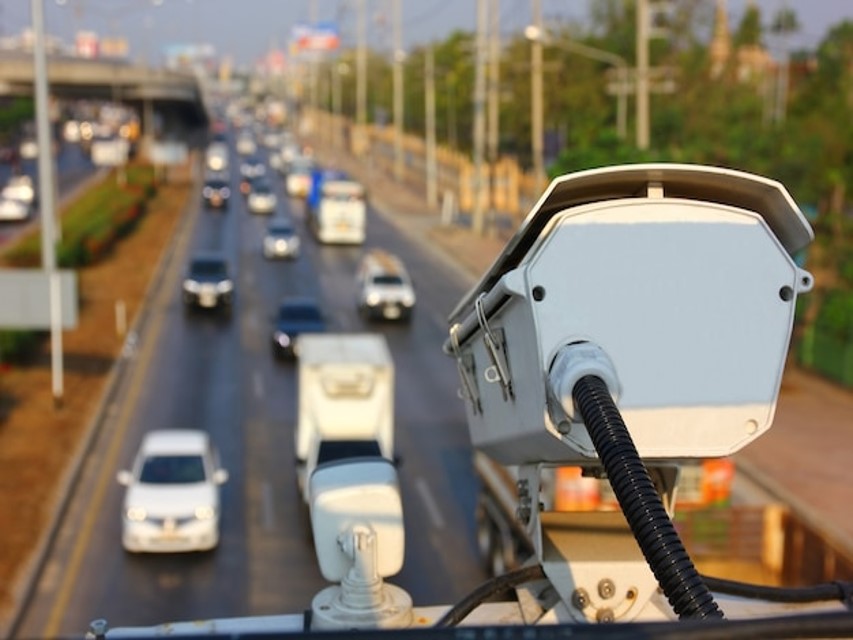Cameras will be able to detect various traffic violations such as triple riding, using a mobile while driving, old vehicles plying on the roads.
The Delhi government is deploying artificial intelligence-based cameras to detect traffic violations and enhance road safety. The project aims to install violation detection cameras based on the Automatic Number Plate Recognition (ANPR) technology. The entire project is estimated to cost Rs 20 crore. The Transport Department of the Delhi government has issued a tender for the purchase of such cameras and supporting technology. The cameras will be able to detect various traffic violations such as triple riding, using a mobile while driving, old vehicles plying on the roads, and those driving without a valid pollution under control certificate (PUC). The Integrated Traffic Enforcement Management System (ITMS) will utilize ANPR technology to capture licence plates and integrate with the VAHAN database for identification of the vehicles. To improve road safety, the department has taken the initiative to implement the Integrated Traffic Enforcement Management System (ITMS) all across Delhi. It will help in reducing the number of accidents and related casualties through an advanced AI-based video analytics technology-based solution. ITMS aims to reduce the number of drivers who violate traffic rules, punish offenders, and run road safety awareness campaigns at intersections to make Delhi’s roads safer for pedestrians and bikers.
According to a transport department official, the system will allow the operator to set traffic rules, such as stopping heavy vehicles during certain times of the day at specific intersections. The system will identify heavy vehicles and generate an alert if the vehicle is violating the rule within the configured time.” The system will also keep track of the violation history of each vehicle and generate reports as needed. He added that major violations in the capital are speed limit violations, riding without a helmet, three-riding, driving without a seat belt, driving while talking on the phone and carrying open goods, overloading in the case of commercial vehicles, driving in the wrong lane, buses not moving in their designated lanes, private vehicles parked on the roads, and additionally, parking of outdated vehicles in public places or on roads or driving vehicles whose PUCC certificate is not valid are major problems. “Additionally, a number of violations occur when the odd-even scheme or GRAP Stage III or GRAP Stage IV restrictions are in place.” He further said, “This system will provide useful cases to detect different types of traffic violations using AI and deep learning-based technology.”
AI is used in road traffic management to help analyse real-time data from various means of transportation, including cars, buses, and trains. The AI analyses this information for patterns that could indicate safety risks. This information is then used to suggest ways to mitigate these risks and reduce the number of accidents that occur.

